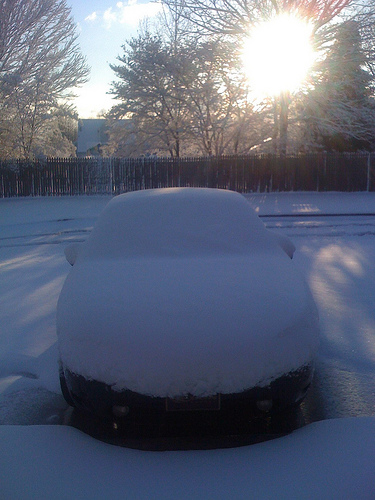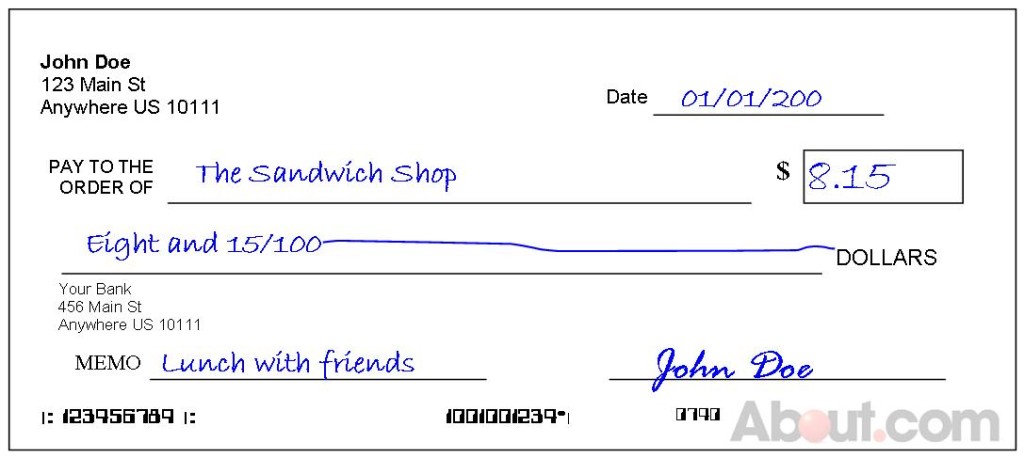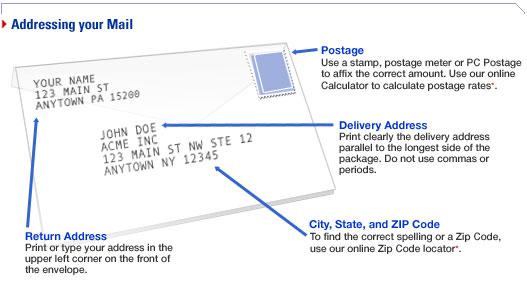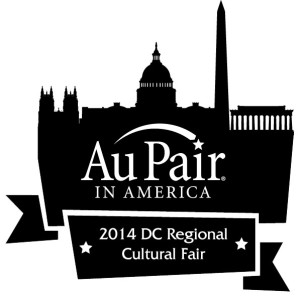We have host families from a wide variety of backgrounds and faiths. Some celebrate Christmas, some Chanukkah, some Kwanzaa and some celebrate more than one of those or none of the above. That is something that makes America special, we can all be different, but still one united together.
I wanted to give a brief overview of Chanukkah and some of the customs you might observe. Something important to note is that Chanukkah is not the Jewish equivalent of Christmas. From a religious standpoint, it is a relatively minor holiday. So, the amount of emphasis put on Chanukkah and how it is celebrated will vary from one family to the next.
You may see Chanukkah spelled in a variety of ways: Chanuka, Hanukkah, Hanukka and more. Part of the reason for this confusion may be due to the fact there is no exact English translation of the Hebrew word for Chanukkah.
If your host family celebrates Chanukkah and you don’t, I would encourage you to take part and experience the customs of another religion. This can be a great opportunity for culture sharing. The same is true, if you are a host family and your au pair celebrates a different holiday than you.
Here is a simple explanation from Judaism 101:
Chanukkah is the festival of lights, commemorating the rededication of the Temple in Jerusalem after a successful revolt against the Seleucid Greeks. As part of the rededication, the victorious Jews needed to light the Temple’s menorah (candelabrum), but they had only enough oil to last one day and it would take eight days to prepare more oil. Miraculously, the one-day supply of oil lasted for eight days. The miracle of the oil is commemorated with this eight-day candle lighting holiday.
Chanukkah begins between Thanksgiving and Christmas. About half of the time, it overlaps with Christmas, but there are many years when Chanukkah ends long before Christmas. In 2002, for example, Chanukkah began on Thanksgiving and ended in the first week of December, but that is unusual.
Almost all Jews light candles with their families for at least some nights of the holiday, so people like to be at home during this holiday. Although almost nobody takes off from work or school for this holiday, many may not want to work nights or travel during the holiday so they can light candles with the family, and accommodations should be made for this.
Here are some links for more info and children’s activities:
 Cutting paper snowflakes is a fun and simple indoor winter activity. Here is a great video showing you how to cut some of your own. For younger kids is is best to keep the designs simple to avoid frustration if they cut away too much and it tears.
Cutting paper snowflakes is a fun and simple indoor winter activity. Here is a great video showing you how to cut some of your own. For younger kids is is best to keep the designs simple to avoid frustration if they cut away too much and it tears.
 Is it risky to do winter sports without the sports insurance?
Is it risky to do winter sports without the sports insurance? Here is a simple snow day game plan…
Here is a simple snow day game plan…


